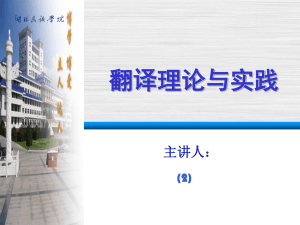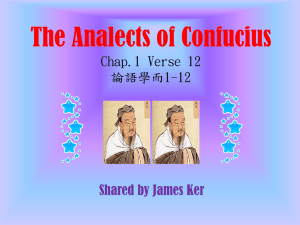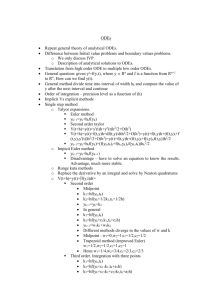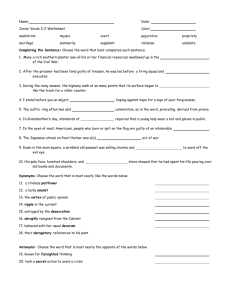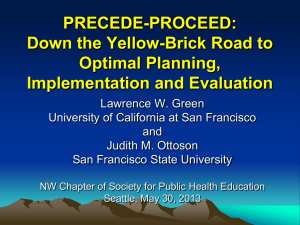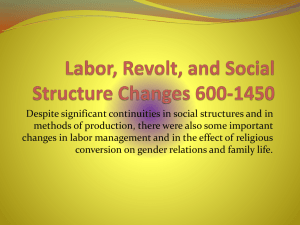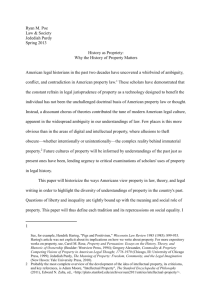master/Servant
advertisement
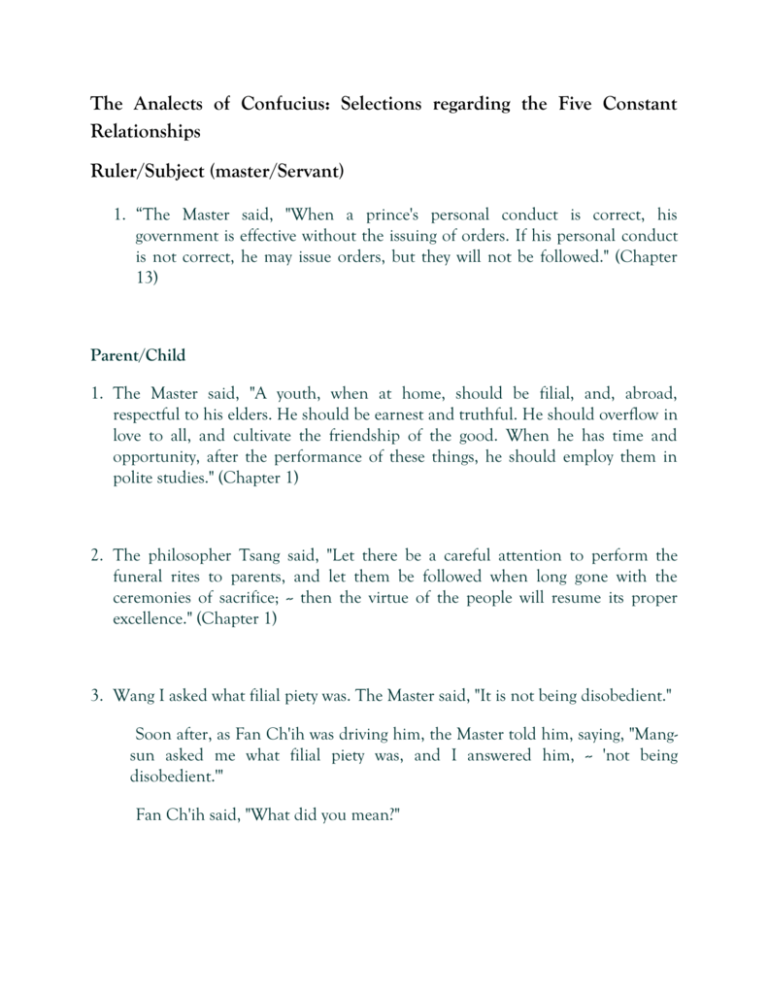
The Analects of Confucius: Selections regarding the Five Constant Relationships Ruler/Subject (master/Servant) 1. “The Master said, "When a prince's personal conduct is correct, his government is effective without the issuing of orders. If his personal conduct is not correct, he may issue orders, but they will not be followed." (Chapter 13) Parent/Child 1. The Master said, "A youth, when at home, should be filial, and, abroad, respectful to his elders. He should be earnest and truthful. He should overflow in love to all, and cultivate the friendship of the good. When he has time and opportunity, after the performance of these things, he should employ them in polite studies." (Chapter 1) 2. The philosopher Tsang said, "Let there be a careful attention to perform the funeral rites to parents, and let them be followed when long gone with the ceremonies of sacrifice; -- then the virtue of the people will resume its proper excellence." (Chapter 1) 3. Wang I asked what filial piety was. The Master said, "It is not being disobedient." Soon after, as Fan Ch'ih was driving him, the Master told him, saying, "Mangsun asked me what filial piety was, and I answered him, -- 'not being disobedient.'" Fan Ch'ih said, "What did you mean?" The Master replied, "That parents, when alive, be served according to propriety; that, when dead, they should be buried according to propriety; and that they should be sacrificed to according to propriety." (Chapter 2) 4. Ch'an K'ang asked Po-yu, saying, "Have you heard any lessons from your father different from what we have all heard?" Po-yu replied, "No. He was standing alone once, when I passed below the hall with hasty steps, and said to me, 'Have you learned the Odes?' On my replying 'Not yet,' he added, If you do not learn the Odes, you will not be fit to converse with.' I retired and studied the Odes. "Another day, he was in the same way standing alone, when I passed by below the hall with hasty steps, and said to me, 'Have you learned the rules of Propriety?' On my replying 'Not yet,' he added, 'If you do not learn the rules of Propriety, your character cannot be established.' I then retired, and learned the rules of Propriety. "I have heard only these two things from him." Ch'ang K'ang retired, and, quite delighted, said, "I asked one thing, and I have got three things. I have heard about the Odes. I have heard about the rules of Propriety. I have also heard that the superior man maintains a distant reserve towards his son." Husband/Wife (Man/Woman) 1. Of all people, girls and servants are the most difficult to behave to. If you are familiar with them, they lose their humility. If you maintain a reserve towards them, they are discontented." (Chapter 17) Friend to Friend 1. "In serving a prince, frequent remonstrances lead to disgrace. Between friends, frequent reproofs make the friendship distant."(Chapter 4)

